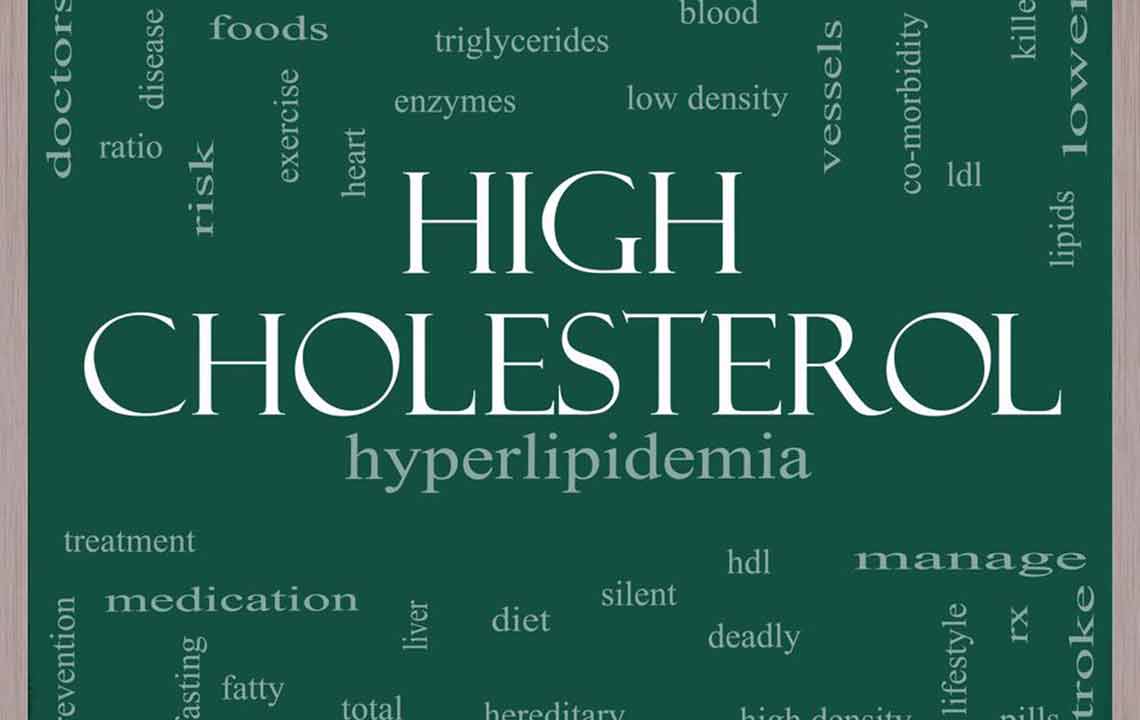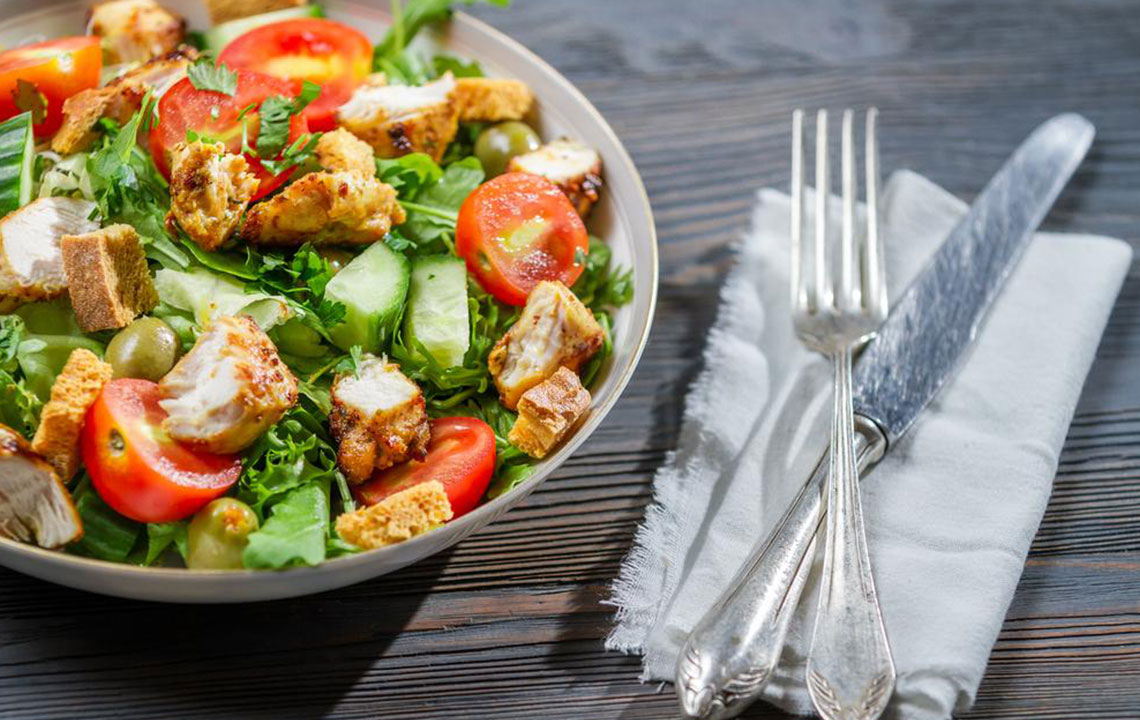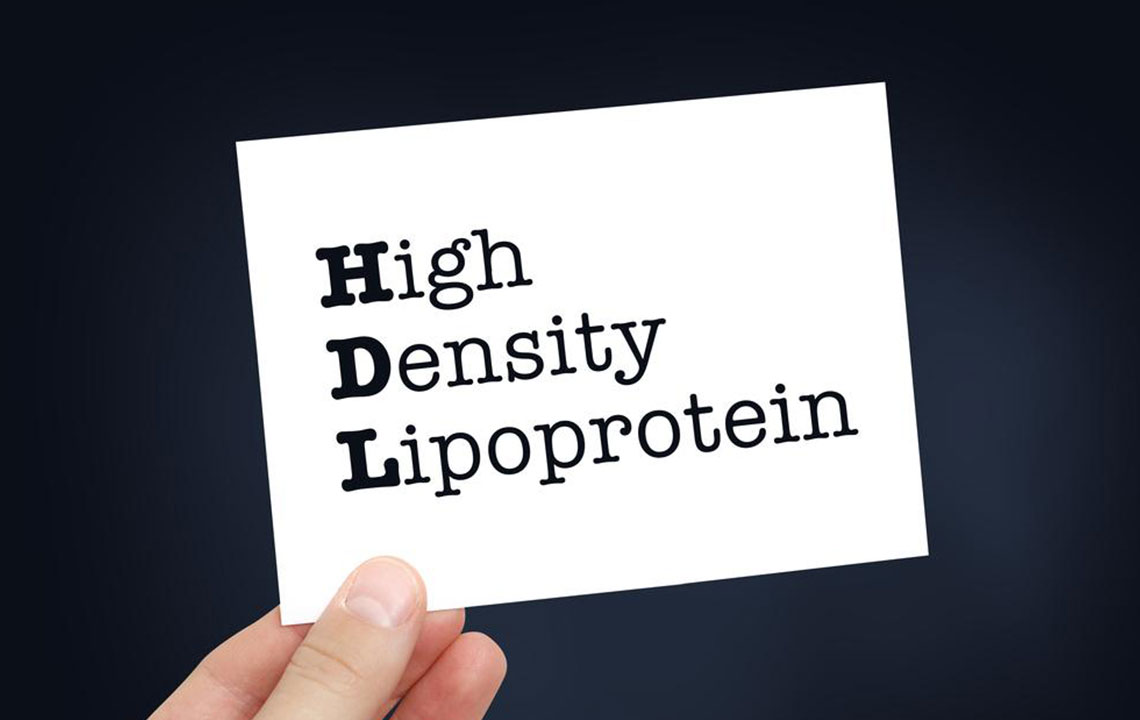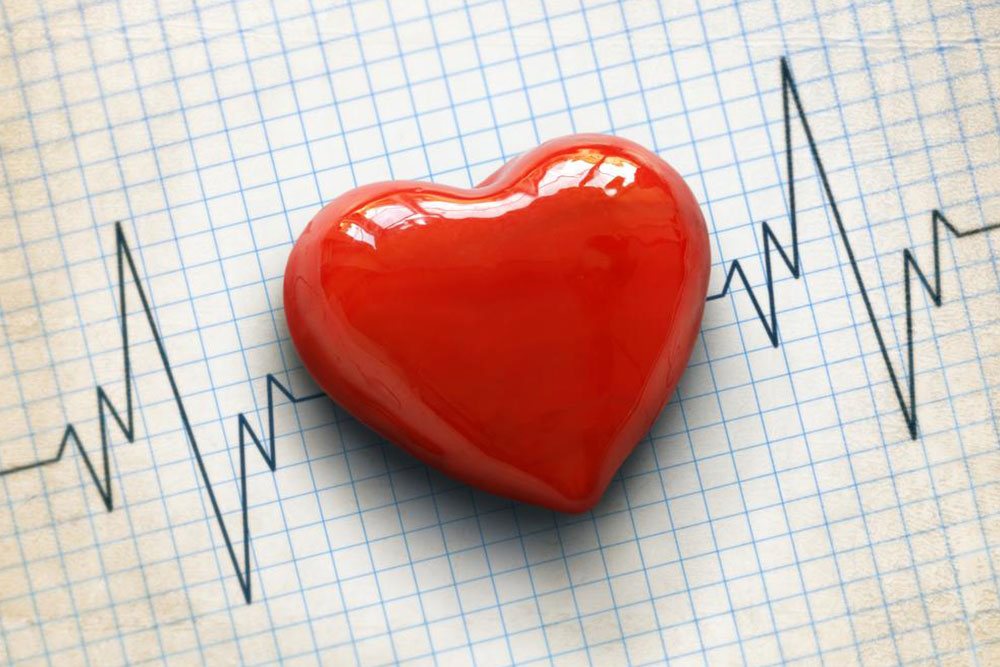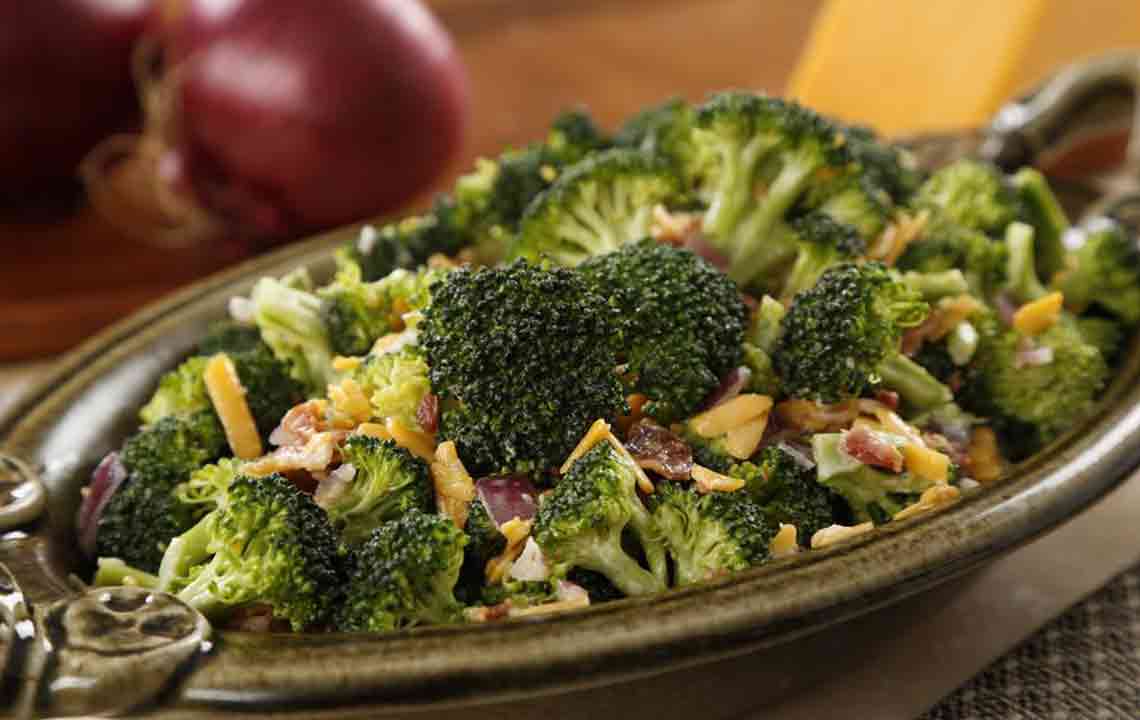Strategies to Increase Beneficial HDL Cholesterol Levels
Learn effective strategies to boost your HDL cholesterol levels naturally. Discover tips on exercise, diet, weight management, and medical options to improve heart health and reduce cardiovascular risks. Regular check-ups and lifestyle changes are key to maintaining optimal HDL levels for a healthier life.

Strategies to Increase Beneficial HDL Cholesterol Levels
Cholesterol is a waxy substance vital for various bodily functions, including cell construction. It circulates in our bloodstream attached to proteins called Lipoproteins, which come in two main types:
Low-density lipoprotein (LDL), often termed the bad cholesterol
High-density lipoprotein (HDL), known as the good cholesterol
Maintaining a proper balance between these is crucial for health. The goal is to elevate HDL levels and reduce LDL levels. Regular cholesterol screenings and medical advice are essential for managing these levels effectively.
Effective HDL management involves keeping its levels above 60 mg/dL, which is considered optimal. Higher HDL levels correlate with a reduced risk of heart attacks and strokes. Below are proven methods to boost HDL cholesterol.
Engage in regular physical activity
Consistent exercise routines are proven to raise HDL levels. Start with activities like brisk walking or jogging for 15-30 minutes daily, then progress to structured workouts such as aerobics, weight training, or high-intensity interval training. Physical activity enhances HDL's antioxidant and anti-inflammatory properties.
Achieve and maintain a healthy weight
Weight loss significantly impacts cholesterol profiles. For every 3 kg lost, HDL can increase by approximately 4 mg/dL. Combining a balanced diet with regular exercise helps prevent weight regain and promotes healthier HDL levels.
Adopt a heart-healthy diet
Focus on replacing saturated and trans fats with healthier monounsaturated and polyunsaturated fats found in nuts, seeds, fish like salmon and tuna, and plant oils such as extra-virgin olive oil. Incorporate high-fiber foods like beans, whole grains, fruits, and vegetables, which support HDL levels. Omega-3 fatty acids from flaxseeds, chia seeds, and fish also contribute positively. For diabetics, obesity, or metabolic syndrome, a low-carb keto diet may aid in weight loss and cholesterol improvement.
Quit smoking
Smoking damages HDL particles and hampers their protective functions, increasing cardiovascular risk. Quitting enhances HDL levels and overall heart health by preventing oxidative alterations in HDL.
Consider medical interventions if necessary
Medications like statins can lower LDL and modestly boost HDL when prescribed by healthcare professionals. Vitamin B3 (Nicotinic acid) therapy has shown potential to increase HDL by 20-35%. Athletes using anabolic steroids should monitor their HDL levels, as these substances may cause declines. Regular check-ups are advised for those on medication or supplements affecting cholesterol.

